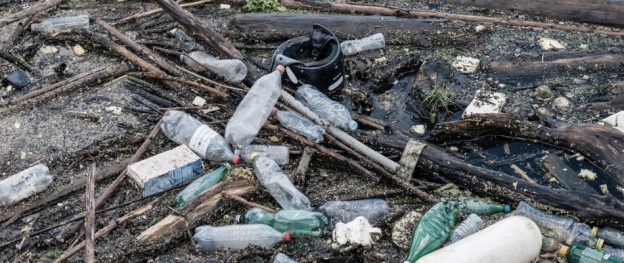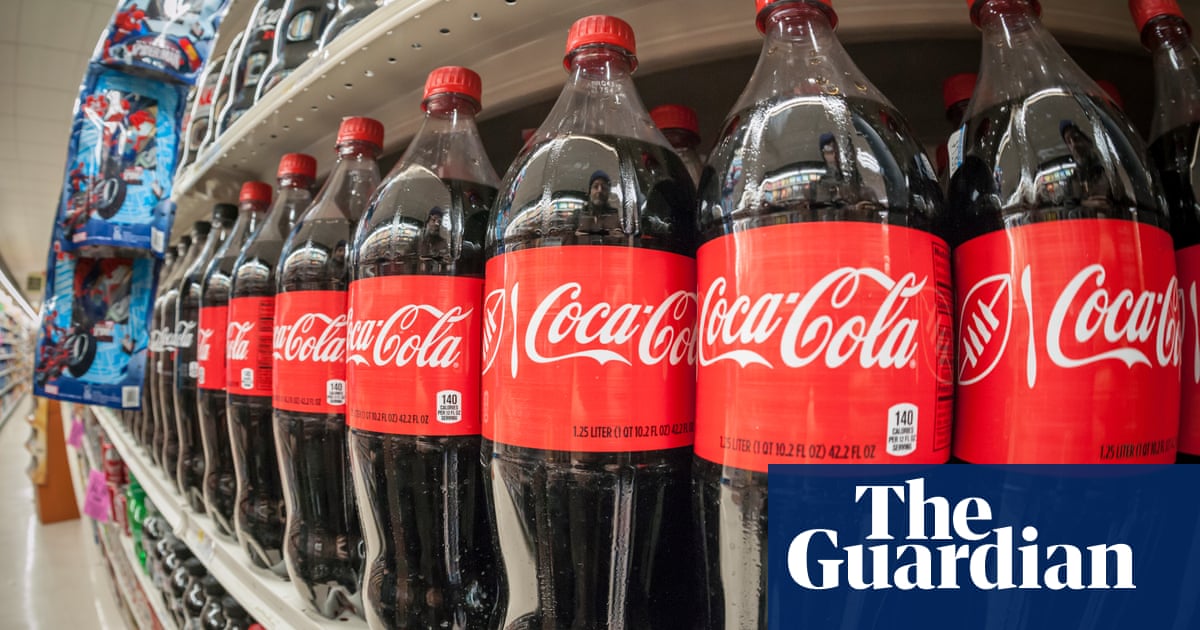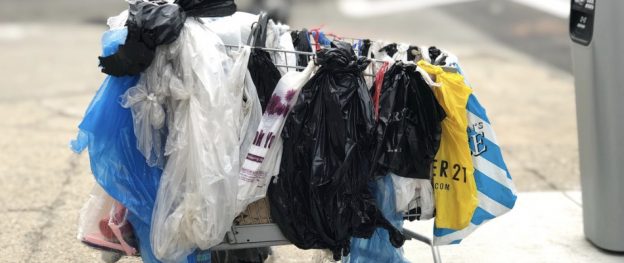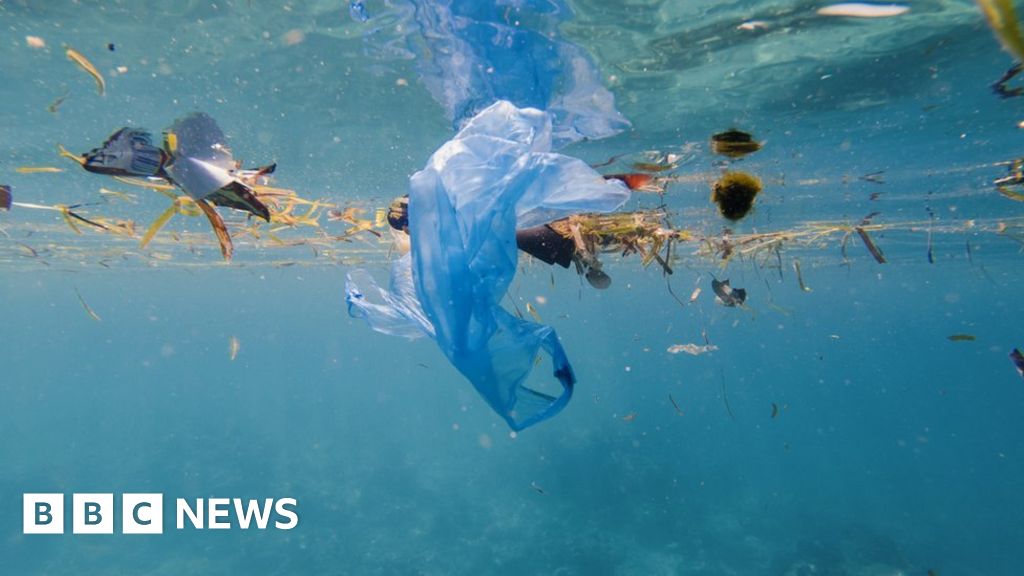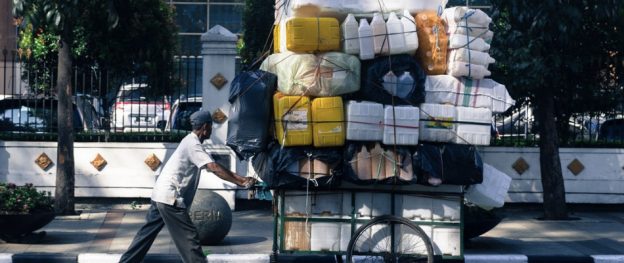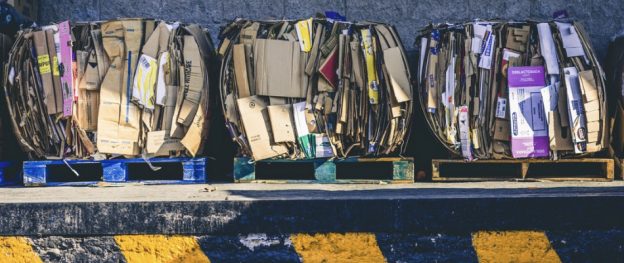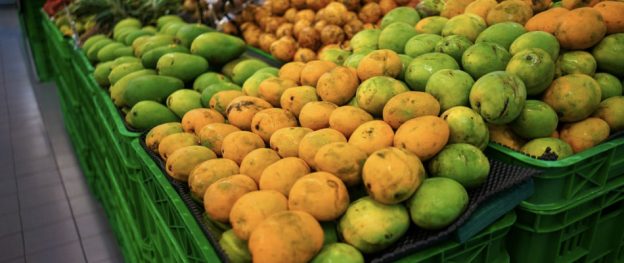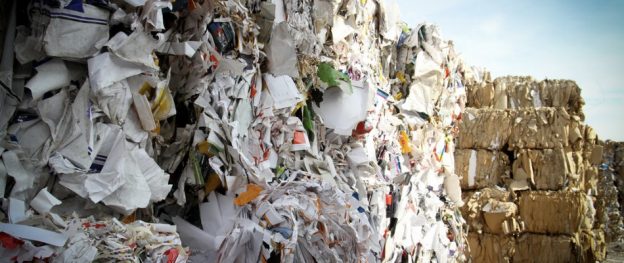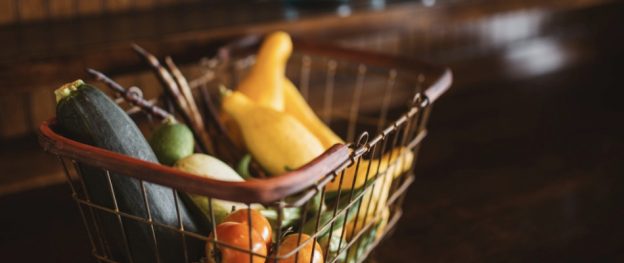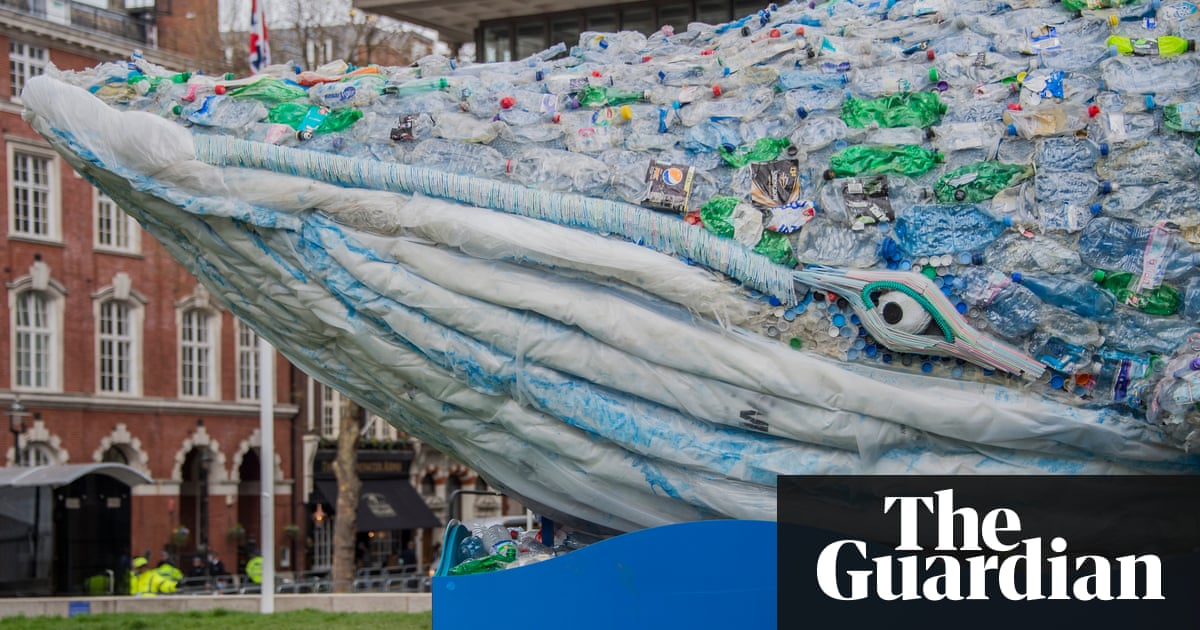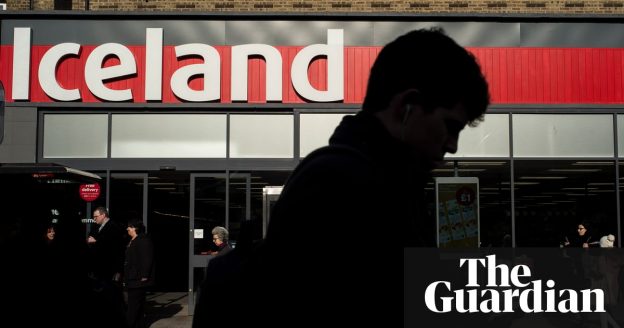We founded Vesta in October 2017 on the basis that we believe that technology can be built into packaging to help remove the need for single-use plastic.
Since then, global awareness and action relating to the plastic problem has expanded beyond anything we could have imagined. The dominant users of packaging; manufacturers and retailers, have started to change their businesses in more dramatic ways than even we could have hoped. We’ve been watching closely over the last 12 months, and I’ll attempt to summarise some of it here.
I’ve identified four main categories of innovation, though this is not exhaustive and there are several innovations that cut across categories:
New materials
There has been enormous growth in the availability of short life packaging, including plant-based options (seaweed is looking promising). The ability to produce plastic-like packaging from sustainable sources that are completely bio-degradable is vastly encouraging, and the potential is there to do so at scale.
Upside – potential long-term large-scale solution, producing non harmful plastics. What’s not to like!
Issues – lifetime of bio-plastics, carbon costs of production, ability to scale, challenges to bio-diversity
Reuse
This year, and to great fanfare, Terracycle launched Loop, the first e-Commerce platform based on the ability to return packaging for cleaning and reuse. We at Vesta have already raised our concerns over the viability of Loop and I won’t do so again here, but if nothing else, it should be loudly applauded for its originality and the bold attempt to change consumer behaviour.
Upside – increasing the number of uses of a plastic package has the potential to ENORMOUSLY reduce the amount of plastic we use overall. Put it this way – use the same package 10 times cuts plastic use 90%.
Issues – economics of pickup, increased demand on consumers, lack of convenience
Self-refill
Waitrose in the UK, along with a whole variety of others have started using the kind of refill stations we have only previously seen in health food shops. Ecover have also grown the availability of in store refilling stations.
Upside – similar to reuse. Plastic is not, in itself, the problem. It is that we misuse it.
Issues – taking large numbers of empty containers to the shop each time does not feel like a mass market sustainable solution. I believe a lot of us would like to do this, but it asks a lot of consumers.
IoT
Vesta obviously fits into this category, where connected packaging is used to help manage supplies. To date, we are the only packaging company we’re aware of that combine IoT technology with the drive to eliminate the requirement for single-use plastic. However there are other connected device companies out there using RFID and other tech primarily for provenance and tracking (if you are using IoT for packaging, please get in touch – we’d love to hear from you!).
Upside – the meeting of sustainable reusable solutions with a convenient consumer proposition could mean self-refill achieved entirely in the home.
Issues – this is a new technology approach, so consumers will have to be willing to adopt new behaviour. Short-life refill packaging should close the loop allowing for manufacturers to avoid single use plastic all together, but we’ll need to make sure its impact is minimal. It should not be a surprise that we at Vesta think this is the way to go, but we are not complacent on the amount of work that needs doing to yield the benefits.
I am really excited by the number of companies making big strides in this area (including those we’re working with!). Honourable mentions also go to Iceland and Morrisons for both taking major initiatives to cut their plastic use.
However, it’s not all good news. Amazon are something of a laggard when it comes to a sustainable approach to packaging, and this week’s news that their latest envelopes are not even recyclable comes as a massive disappointment. We know now that in most markets, a sustainable approach to packaging is so popular with consumers that it comes with a price premium. It seems likely therefore that companies unwilling to make changes to help the environment will suffer correspondingly.

